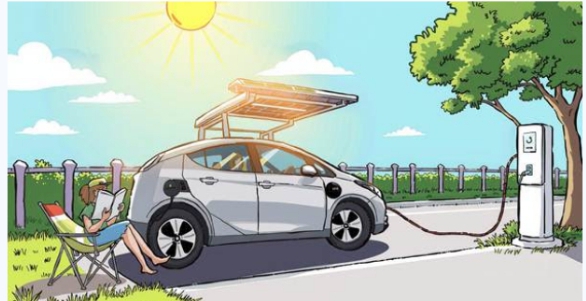By Energy Worth
Nigeria has taken a prominent role in advancing a renewed clean-energy alliance with the Kingdom of Saudi Arabia, positioning itself as a key driver of sustainable growth and innovation across the region.
At a high-level meeting, the Director-General of the Energy Commission of Nigeria (ECN), Dr. Mustapha Abdullahi, engaged Saudi Arabia’s Minister of Energy and Climate Change, Prince Abdulaziz bin Salman Al Saud, in strategic discussions that underscored Nigeria’s growing influence in global energy-transition efforts.
The talks focused on expanding investment in clean energy technologies, with Nigeria presenting strong opportunities for collaboration in renewable power, resource-efficient systems, and climate-smart development. Both nations agreed that Nigeria’s vast natural endowments and expanding market make it a prime destination for forward-looking energy partnerships.

Nigeria emphasized practical, people-focused pathways to accelerate clean energy deployment, enhance energy access, and support economic diversification—while contributing meaningfully to global emissions-reduction goals.
In a separate conference session, Dr. Abdullahi delivered a compelling keynote address reaffirming Nigeria’s leadership in energy-efficient and climate-friendly cooling solutions. He outlined the federal government’s robust strategy to expand access to sustainable cooling in line with global climate commitments.
Key areas of focus included the adoption of minimum energy performance standards (MEPS), the promotion of next-generation cooling technologies, and Nigeria’s determination to harmonise its national standards with international best practices.
Dr. Abdullahi reiterated Nigeria’s readiness to work with global partners to scale up affordable, low-carbon cooling solutions for households, businesses, and industries—further solidifying the country’s role as a champion of clean, inclusive, and sustainable energy development.







